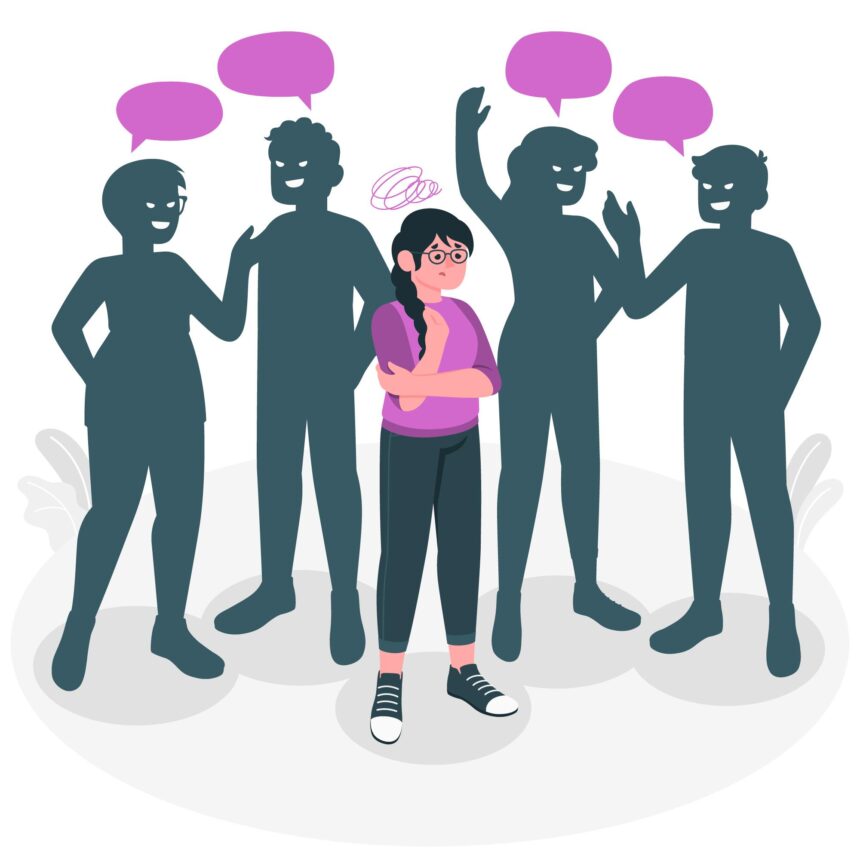Introduction
Anxiety is a common mental health issue that affects people of all ages, including children. In South Africa, where the prevalence of mental health disorders is a growing concern, it is important for parents, educators, and caregivers to be able to recognize the signs of anxiety in children. Early identification and intervention can make a significant difference in a child’s well-being and overall development. This article serves as a guide to help individuals in South Africa identify symptoms of anxiety in children.
Physical Symptoms
Children experiencing anxiety may exhibit various physical symptoms. These can include:
- Stomachaches and headaches: Frequent complaints of stomachaches or headaches, especially in the absence of any underlying medical conditions, could be a sign of anxiety.
- Sleep disturbances: Difficulty falling asleep, nightmares, or restless sleep can be indicative of anxiety in children.
- Fatigue: Feeling tired or lacking energy, even after a good night’s sleep, might be related to anxiety.
- Changes in appetite: Anxiety can lead to changes in a child’s eating habits, such as increased or decreased appetite.
Emotional and Behavioral Signs
Anxiety can manifest in emotional and behavioral changes in children. Look out for the following signs:
- Excessive worrying: Children with anxiety often worry excessively about everyday things, including school, social interactions, or specific events.
- Irritability and mood swings: Anxiety may cause children to become easily irritable, restless, or have sudden mood swings.
- Avoidance behavior: Children with anxiety may avoid certain situations or places that trigger their anxiety, such as school or social events.
- Perfectionism and self-criticism: Anxiety can lead to a fear of making mistakes or a constant need for reassurance from others. Children may become overly critical of themselves.
- Social withdrawal: Anxiety may cause children to withdraw from social interactions, preferring to be alone rather than engaging with others.
Academic and Performance Issues
Anxiety can significantly impact a child’s academic performance and overall functioning. Look for the following indicators:
- Decreased concentration: Anxiety can make it difficult for children to focus, resulting in reduced attention span and difficulties in completing tasks.
- Avoidance of schoolwork: Anxious children may avoid or procrastinate on school assignments or activities that trigger their anxiety.
- Decline in academic performance: Anxiety may lead to a decline in a child’s academic performance, as they struggle to cope with the pressure and demands of school.
- Physical symptoms during school: Children with anxiety may experience physical symptoms, such as headaches or stomachaches, specifically when faced with school-related situations.
When to Seek Professional Help
Recognizing anxiety symptoms in children is an important step, but it is equally important to seek professional help when necessary. If you notice persistent and severe anxiety symptoms that significantly interfere with your child’s daily life, it is advisable to consult with a healthcare professional or a mental health specialist. They can provide a proper diagnosis, offer appropriate treatment options, and guide you in supporting your child’s mental well-being.
Conclusion
Recognizing anxiety in children is crucial for their overall well-being and development. By understanding the signs and symptoms of anxiety, parents, educators, and caregivers in South Africa can provide early intervention and support to help children manage their anxiety effectively. Remember, each child is unique, and if you suspect your child is experiencing anxiety, professional guidance can be invaluable in ensuring their mental health needs are met. Together, we can foster a nurturing environment where children can thrive and overcome their anxiety.










